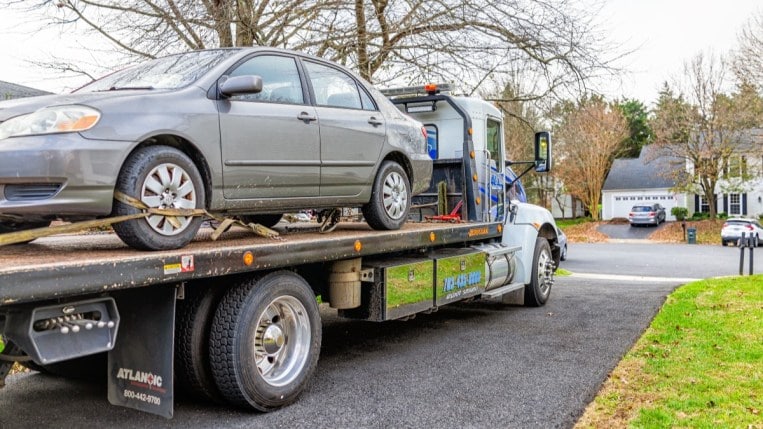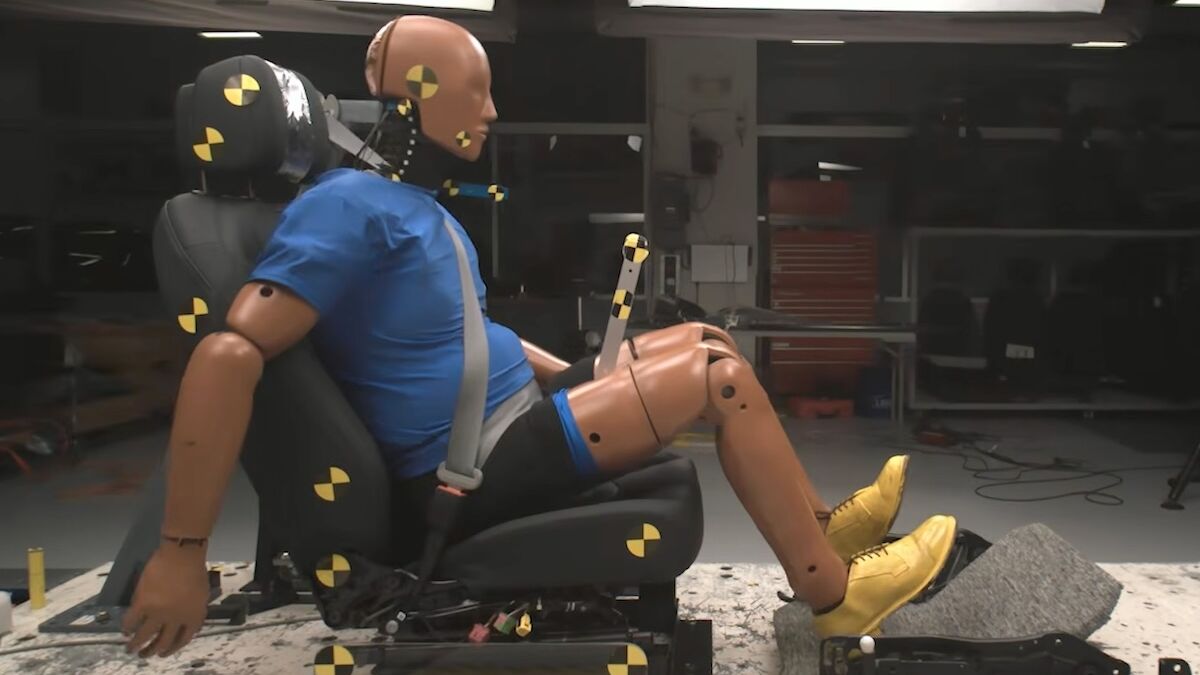
There Are Fewer At-Risk Buyers than Usual
“Importantly, the current loan portfolio is relatively healthy,” says Cox Automotive Chief Economist Jonathan Smoke. “The total number of loans is down (a result of lower sales since spring 2020), and the share of subprime and deep subprime loans, the riskiest loans that drive more than 60% of repossessions, are down even more. This context is just not conducive to a crisis.”
Cox Automotive is the parent company of Kelley Blue Book.
Auction Companies Aren’t Seeing a Glut of Repossessed Cars
Cox Automotive also owns Manheim, the world’s largest operator of wholesale auto auctions. Many repossessed cars pass through Manheim auctions as they return to sales lots.
That gives Smoke a deep perspective on the number of repossessions that are taking place in America.
Related: Car Repossession – How Many Payments Can You Miss?
“At our Manheim auctions, the volume of repossessed vehicles sold has increased in 2022 compared to 2021 – up 3% year to date,” he says. The total number of repossessed cars “will finish the year below 2020 and down more than 25% compared to 2019.”
The figure, Smoke says, “is not yet near red-alert levels. If fact, repossessions are only tracking back toward historical norms.”
Lenders Often Work With Buyers First
Cars, he notes, are depreciating assets. The strange conditions of the last two years, when some used cars rose in value, may have helped some of us forget what normal used to be. Car loans always have negative equity — those who underwrite them plan for it.
“This means that consumers often have more options if a loan falls into default,” Smoke explains. “Lenders are more likely to work out an agreeable deal, reducing the likelihood” of repossession.
A recession may well be coming, Smoke says. But “the industry is not facing an unprecedented wave of defaults and repossessions.” Both are likely to increase — but they’re so low today that an increase might only bring them back to normal.







